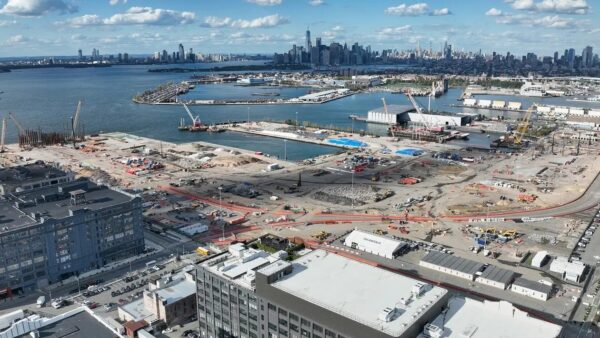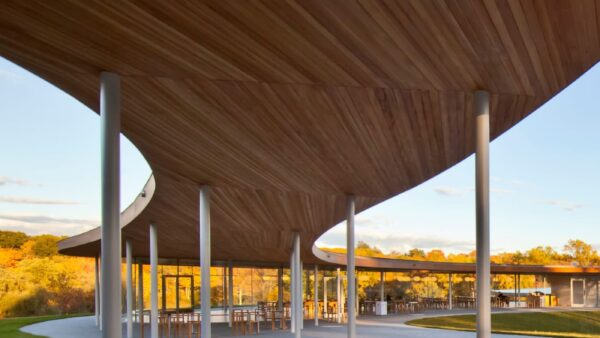
There has been much talk of late about the future of London as the world’s leading arbitration hub for construction. A recent survey showed the city now shares the top spot with Singapore, closely followed by Hong Kong. But a deeper dive suggests London remains uniquely popular for high-value arbitration, and its attractiveness is unlikely to wane any time soon.
Take Singapore: of its new cases, the Singapore International Arbitration Centre’s (SIAC) most recent statistics show that almost a third of cases it administered in 2022 involved one or more Singaporean parties, and only 27% of parties originated from outside the Asia Pacific region, indicating that Singapore is predominantly a regional arbitration hub.
Similarly, just 32% of all 2022 arbitrations submitted to the Hong Kong International Arbitration Centre (HKIAC) involved no Hong Kong parties, and less than 6% involved no Asian parties. Moreover, the depressive effect of recent political challenges on Hong Kong as a preferred seat are likely not yet fully realised in these statistics. Because arbitration clauses are usually agreed when a contract is written, years before disputes are in contemplation, we can expect these effects to trickle through with time.
When it comes to construction arbitrations, whilst no overall figures for each seat are available, the London Court of International Arbitration (LCIA) statistics show that 7% of the cases it administered in 2021 were construction and infrastructure cases. This is broadly in line with the percentage of construction and engineering cases administered by SIAC (11%) and the HKIAC (9.9%) in 2022.
The statistics also speak to London’s international reach, with 85.2% of parties in arbitrations administered pursuant to the LCIA Rules in 2021 being based outside the UK. What’s more 77% of arbitrations administered under the LCIA Rules involved no UK parties at all, further cementing London’s status as the preeminent global legal hub.
London persists as an attractive seat for construction arbitration because many of the world’s pre-eminent lawyers, experts, and accountants are here, creating an immediate network of global experts.
The English Arbitration Act also provides a strong framework with limited, clearly-defined court interventions. There are good facilities for hearings and abundant specialist support.
English lawyers are familiar with concepts particularly relevant to construction disputes, which are not necessarily well understood in other jurisdictions, such as concurrent delay and disruption.
Brexit does not appear to have had an impact on London’s attractiveness, at least when it comes to arbitration.
Geographically speaking, London also offers a convenient location between east and west and is particularly accommodating for virtual hearings operating across different time zones. The rise in virtual and hybrid hearings can also negate concerns over costs of holding arbitrations seated in London.
English law remains a popular framework for governing international agreements. English arbitrators are frequently appointed in arbitrations held under the rules of all major institutions, regardless of where they are seated. English-style arbitration also offers a compelling compromise between civil law and US styles of dispute resolution.
For construction disputes, London’s arbitration crown is not under threat.
- Deborah Ruff is global leader of international arbitration at Pillsbury Winthrop Shaw Pittman LLP. Charles Golsong is counsel for the firm






